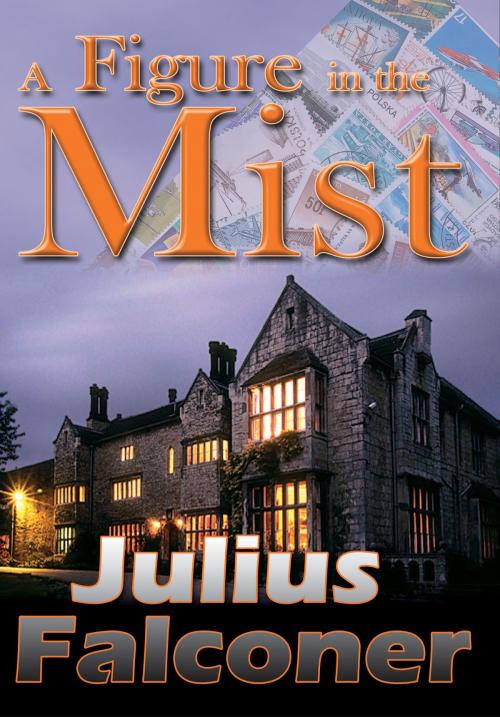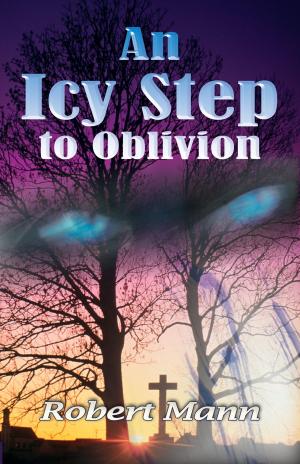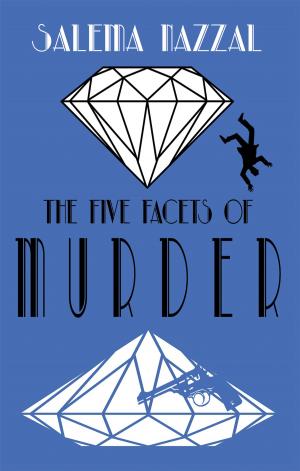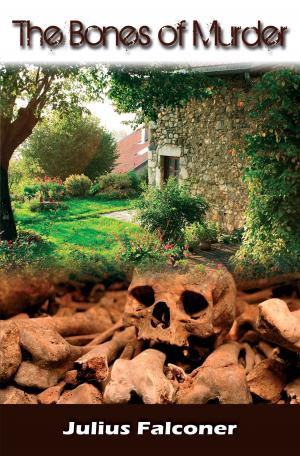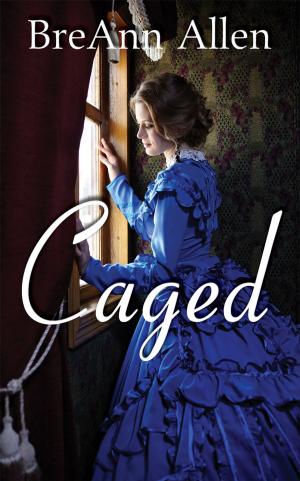| Author: | Julius Falconer | ISBN: | 9781782281665 |
| Publisher: | Pneuma Springs Publishing | Publication: | August 23, 2011 |
| Imprint: | Pneuma Springs | Language: | English |
| Author: | Julius Falconer |
| ISBN: | 9781782281665 |
| Publisher: | Pneuma Springs Publishing |
| Publication: | August 23, 2011 |
| Imprint: | Pneuma Springs |
| Language: | English |
When Lady Amelia Walden is murdered at Monk Fryston Hall Hotel in Yorkshire on the night of her eightieth birthday, the chief suspect is Robert Purbright, a bachelor in his fifties engaged at Farlington Hall, the ancestral Walden mansion, to catalogue her extensive collection of stamps. At his trial, the prosecution allege that he was creaming off choice specimens for himself and that his employer was beginning to have her suspicions. Exposure would have brought his career to an unpleasant end. The jury, however, find him Not Guilty. Enraged by their obtuseness, Lady Amelia’s son, Toby, vows to prove them wrong.
The detective inspector who had been in charge of the investigation, Walter Moat, admits to Toby Walden, in a strictly off-the-record conversation, that the police had made a poor case; but he also lays some of the blame on counsel for the prosecution for not fully exploiting the evidence. Despite his best amateur efforts, Walden does no better - until a second murder offers more promising openings. A book by Freud and an Iroquois legend conspire to raise Walden’s hopes of finally getting Purbright convicted. But will raised hopes be enough?
All the hall-marks of Falconer are here: velvet-smooth English, well-shaped narrative, erudite allusions, and a rich surplus of thought-provoking obiter dicta: in short, intelligent entertainment at its finest, for the connoisseur.
When Lady Amelia Walden is murdered at Monk Fryston Hall Hotel in Yorkshire on the night of her eightieth birthday, the chief suspect is Robert Purbright, a bachelor in his fifties engaged at Farlington Hall, the ancestral Walden mansion, to catalogue her extensive collection of stamps. At his trial, the prosecution allege that he was creaming off choice specimens for himself and that his employer was beginning to have her suspicions. Exposure would have brought his career to an unpleasant end. The jury, however, find him Not Guilty. Enraged by their obtuseness, Lady Amelia’s son, Toby, vows to prove them wrong.
The detective inspector who had been in charge of the investigation, Walter Moat, admits to Toby Walden, in a strictly off-the-record conversation, that the police had made a poor case; but he also lays some of the blame on counsel for the prosecution for not fully exploiting the evidence. Despite his best amateur efforts, Walden does no better - until a second murder offers more promising openings. A book by Freud and an Iroquois legend conspire to raise Walden’s hopes of finally getting Purbright convicted. But will raised hopes be enough?
All the hall-marks of Falconer are here: velvet-smooth English, well-shaped narrative, erudite allusions, and a rich surplus of thought-provoking obiter dicta: in short, intelligent entertainment at its finest, for the connoisseur.
